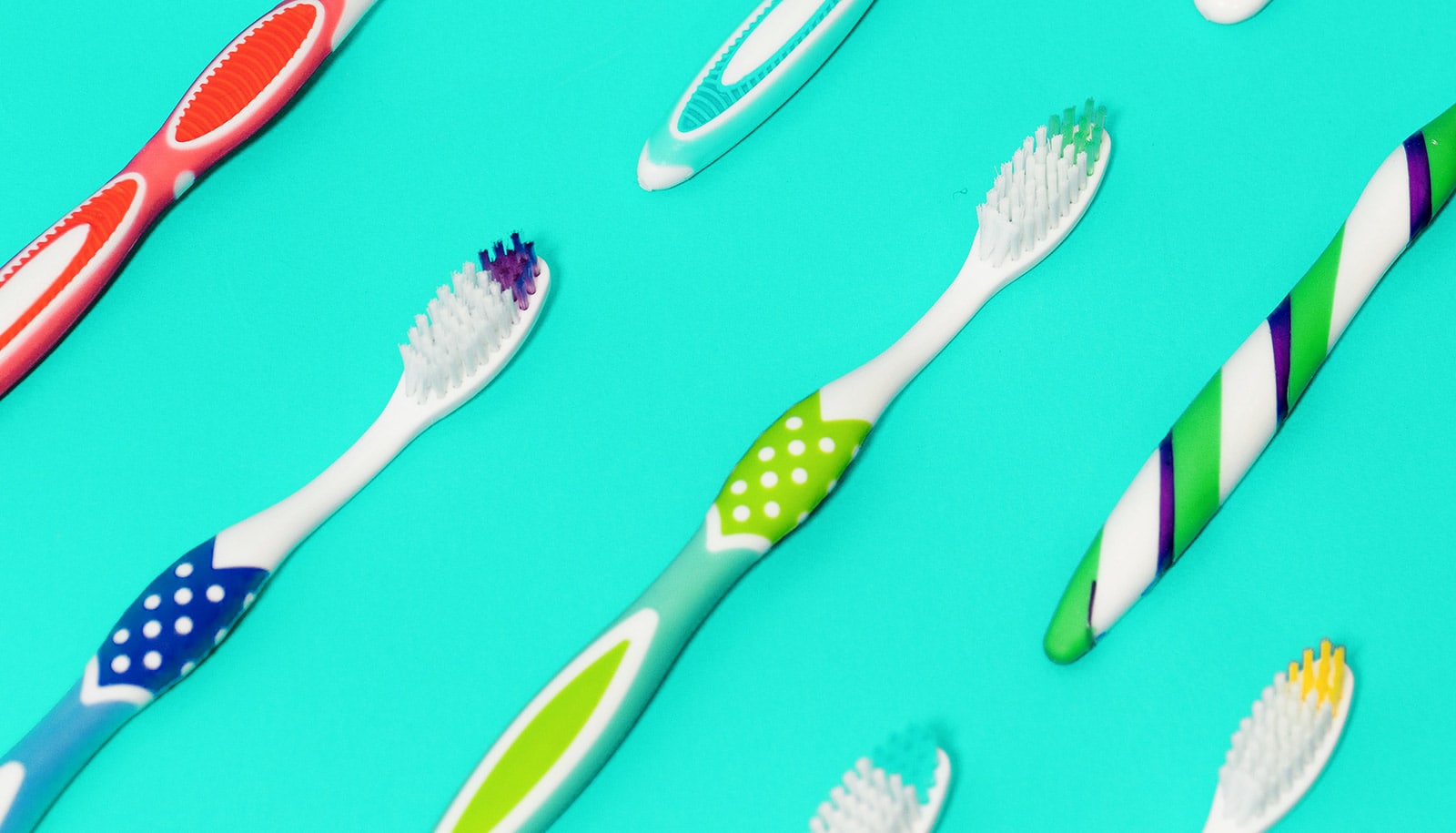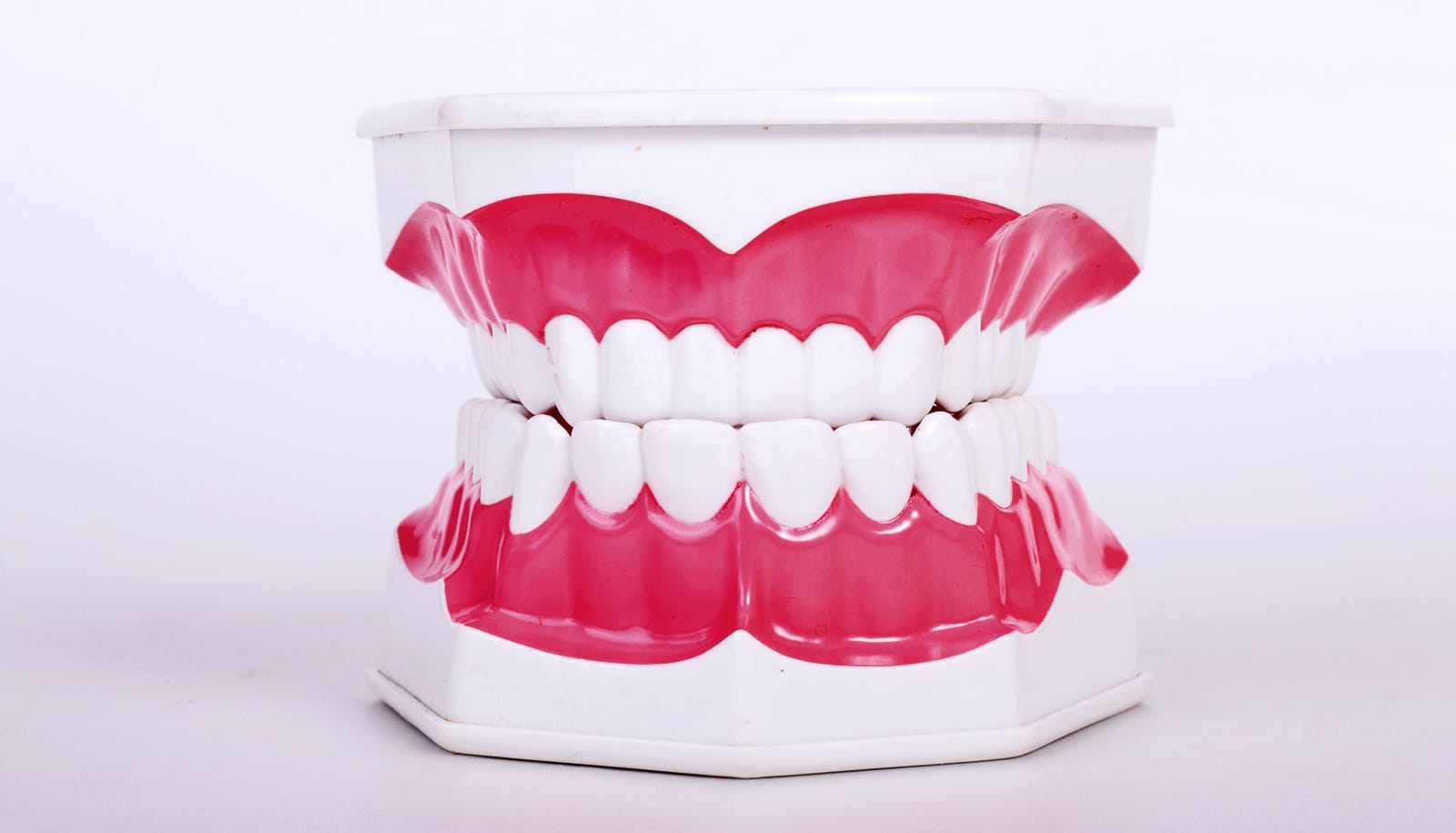Don’t neglect your dental health during the pandemic, say experts.
“If you up your oral hygiene game, that’s going to help you get through this.”
While dentists and dental hygienists may remind us of the importance of six-month visits, regular checkups might not be a reality—at least not in the short term.
Here, Deanne Wallaert, public health dental hygiene practitioner, and Mark Wolff, professor of restorative dentistry, both at the University of Pennsylvania, share tips on how to maintain healthy teeth and gums even when a trip to the dentist isn’t in the cards—and what to expect when restrictions lift:
If routine dental care is off limits, are there any special precautions we should be taking to safeguard our dental health?
Wallaert: There really are no special precautions during this time. It’s a matter of continuing with what the dental professional team has recommended all along. If you up your oral hygiene game, that’s going to help you get through this.
Brushing: Never skip brushing before bed, and make sure you’re brushing twice a day for two minutes using fluoridated toothpaste. An electric toothbrush has the ability to remove much more plaque and bacteria much more than a manual toothbrush.
Remember to change your manual toothbrush or replace your electric toothbrush head every three months, or after you’ve been ill. If you’re concerned about infection, you can disinfect your toothbrush daily by running it under really hot water for a few minutes. Or depending on the brand, you can even boil your manual toothbrush.
Also keep in mind that you might want to brush your tongue. A lot of bacteria play hide-and-seek under the papillae on our tongues and can cause halitosis, or bad breath. I hear from patients that they gag when they brush their tongue, so you can also buy a tongue scraper. Or even a spoon will do the same thing. You just put it back and rake it toward the front of your mouth, or side to side, and that will be effective.
Interdental cleaning: Flossing is really important. If people have trouble with string floss, those premade flossers work really well too. One time a day is recommended but flossing twice a day won’t hurt.
Mouthwash: Another thing that will you keep you feeling fresh is using a mouth rinse. The swishing action reaches areas the brush and floss miss. Read the label of whatever product you choose to know how long to use it. If you experience dry mouth, we recommend using a mouth rinse with no alcohol. If you’re concerned about cavities a fluoride rinse is what’s recommended.
Nutrition: It’s really important to minimize the simple carbohydrates and sugar consumption in between meals. Simple carbs, like pastas or cereals, convert to sugar really quickly in the mouth; those are cavity-causing foods. We recommend eating more fresh and crunchy vegetables, maybe serving them with hummus or a ranch-style dip if you’re having trouble getting your kids to enjoy them.
We also encourage people to drink more water. If you don’t love the flavor of your tap water, you can use filters and to help remove any bad flavor without removing the fluoride. When you drink water with fluoride, it gets into our saliva, so it’s like an extra little bath of fluoride throughout the day.
Reducing the sugar-containing beverages between meals will help your teeth stay healthy. Just for example, a can of soft drink can contain 10 or more teaspoons of sugar.
If you’re taking little sips of a sweetened coffee or tea beverage throughout the day, you’re bathing your mouth in sugar. I’m not saying don’t have these beverages. But consider drinking it through a straw and drinking it all at once rather than stretching the damage out over a longer time.
Do you have any special advice for babies, children, or the elderly who may have more complex dental needs?
Wallaert: For kids it never hurts to help them with brushing and flossing, making sure they’re brushing with a fluoridated toothpaste.
For babies before they get their teeth, you can wipe their gums down with a washcloth morning and night. Once they have teeth, you just want to use a smear of toothpaste; the size of a grain of rice is what’s recommended on the brush.
Brushing before night is very important. For babies that might be nursing or having formula overnight, we’ve seen some of them have decalcification in their teeth from that. Your saliva levels decrease at night so there’s less opportunity to wash away those sugars.
For older kids, two and above, they should be using a small pea-sized amount of toothpaste. We advise helping kids brush until they’re able to tie their own shoes, and even beyond that it’s good to go in and help them out. You can have them brush, encourage that independence, then go in afterward and make sure they hit all the tough spots.
Caregivers should also help kids clean in between their teeth. Once kids’ teeth are touching, they should be flossing or cleaning interdentally. And a rinse is recommended as long as they’re able to spit it out in the sink.
For older adults, if they need a caregiver that person should assist with cleaning the oral cavity. Many people, young and old, take medications that cause dry mouth, and that puts them at an increased risk of getting cavities because of that lack of saliva.
There are some over-the-counter rinses, toothpastes, and lozenges that are specifically designed to help dry mouth. We really encourage not using mint and candies to overcome dry mouth. That really concentrates the sugars in one spot. And once a cavity begins it will continue to grow, which can cause tooth pain and eventually even tooth loss.
Those who have removable dentures or partials should remember to remove them at nighttime to let the tissues breathe. I will always say to patients, it’s like you wouldn’t sleep in your shoes and socks. They should clean their appliance daily in a denture cleaner, and never use toothpaste because it can cause scratches on the appliance.
What should we be paying attention to catch problems early, and what qualifies as a dental emergency?
Wallaert: It’s kind of the same as always: Pay attention to pain and swelling, pain when drinking and eating, or pain that keeps you awake at night.
Call your dental professional and they’ll be able to help assess the concern you have and they may have you come into the office if it’s more serious. You don’t necessarily notice your teeth until they start causing you pain, so I encourage anyone who is experiencing pain to contact their dental professional.
Source: Penn


